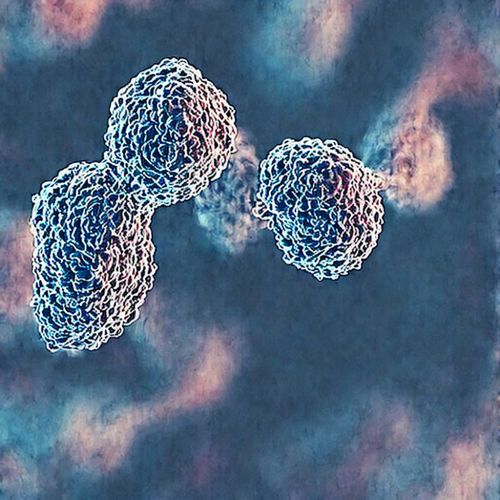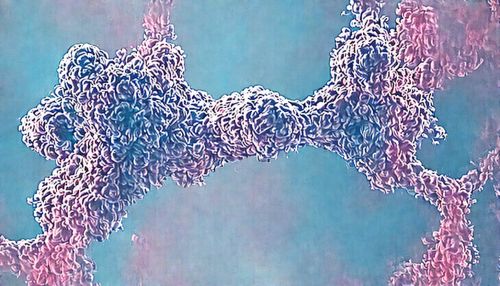Diploid
Definition and Basics
A diploid organism or cell contains two complete sets of chromosomes, one from each parent. This is the most common type of ploidy in many organisms, including humans. The term "diploid" comes from the Greek words "di," meaning two, and "plois," meaning fold. In a diploid cell, the chromosomes are arranged in homologous pairs, with each chromosome in the pair being similar in size, shape, and gene content. This is in contrast to a haploid cell, which contains only one set of chromosomes.


Diploid Life Cycle
In the life cycle of a diploid organism, sexual reproduction involves the fusion of two haploid gametes (sperm and egg cells), resulting in a diploid zygote. This zygote then undergoes mitosis, a type of cell division that results in two identical daughter cells, to grow and develop into a mature diploid organism. When this organism reproduces, it produces haploid gametes through a process called meiosis, which halves the number of chromosomes. This cycle continues, maintaining the diploid state in the species.
Diploid in Plants
While many organisms are diploid, there are exceptions. For example, some plants are polyploid, meaning they have more than two sets of chromosomes. Polyploidy is common in the plant kingdom and can result in increased size and complexity of the organism. However, even in these cases, the basic diploid life cycle is often maintained, with the organism producing haploid gametes through meiosis.
Diploid in Humans
In humans, each cell (except for sperm and egg cells) is diploid, containing 46 chromosomes: 22 pairs of autosomes and one pair of sex chromosomes. This diploid state is crucial for human development and health. Changes in the diploid state, such as an extra or missing chromosome, can result in genetic disorders. For example, Down syndrome is caused by an extra copy of chromosome 21.
Diploid in Genetics
In genetics, the diploid state is important for the maintenance of genetic diversity. Because each parent contributes one set of chromosomes, each individual is genetically unique (except for identical twins). This genetic variation is a key factor in evolution, as it allows for natural selection to act upon different traits.
